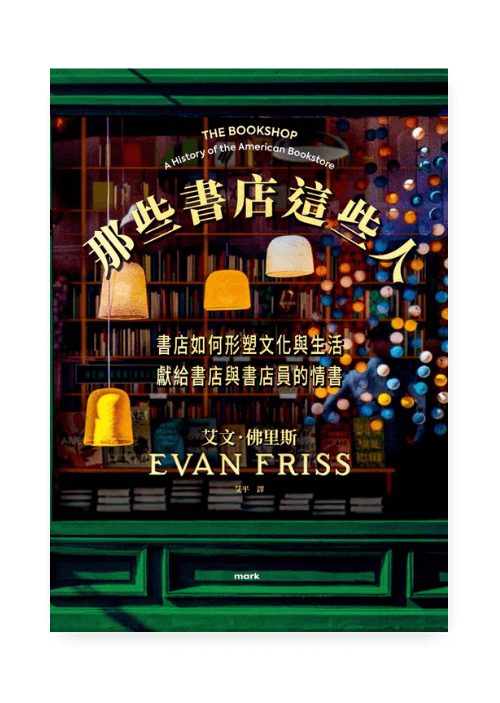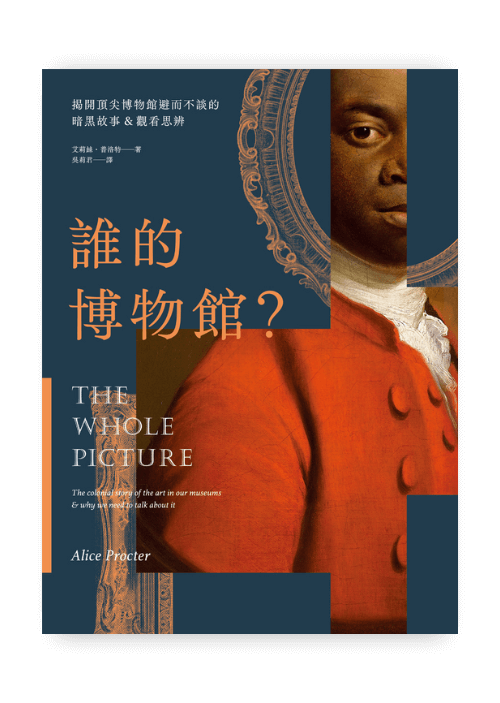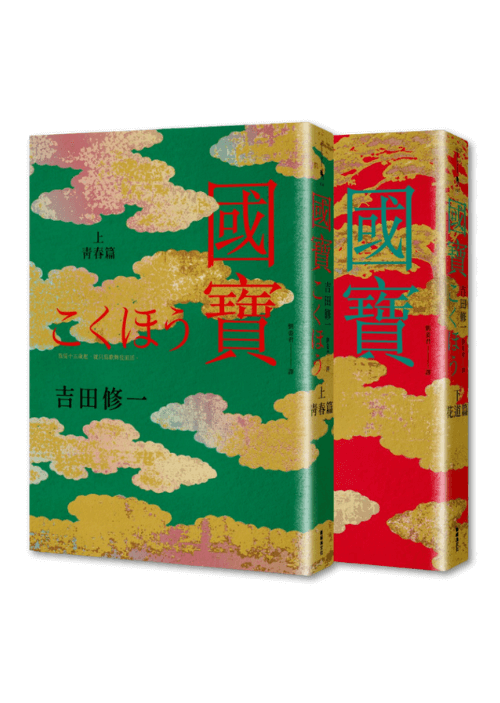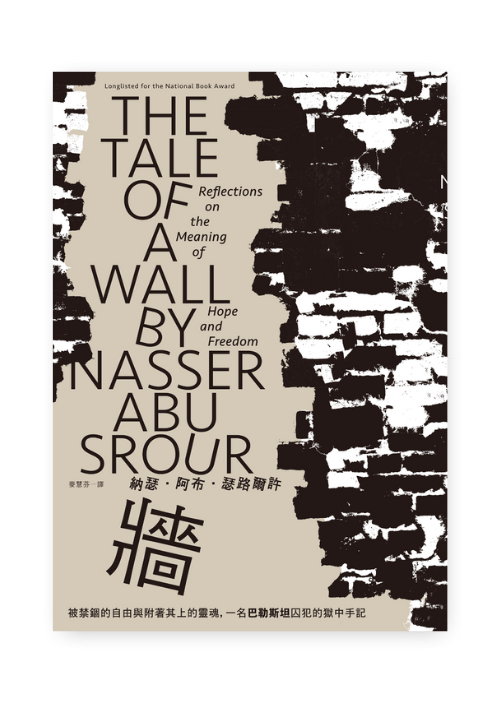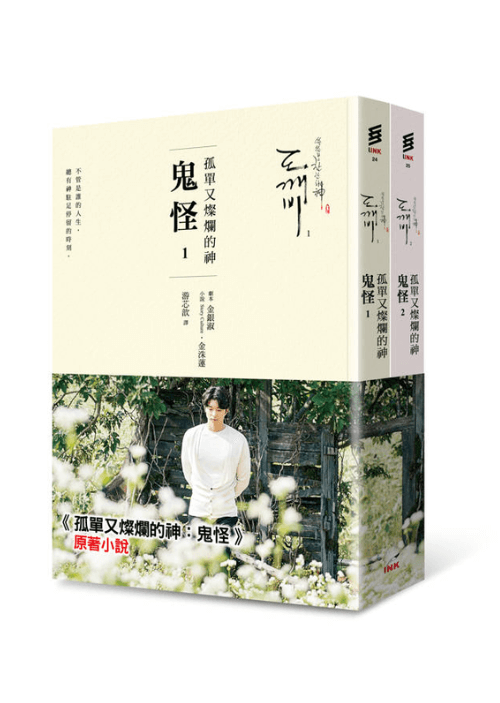The Sensuous Cinema of Wong Kar-wai
Film Poetics and the Aesthetic of Disturbance, Second Edition
(王家衛的感性電影世界:電影詩學和「干擾性」美,第二版)
The widely acclaimed films of Wong Kar-wai are characterized by their sumptuous yet complex visual and sonic style. Bettinson argues that Wong’s films—from Days of Being Wild and Chungking Express to In the Mood for Love and The Grandmaster—are permeated by an aesthetic of sensuousness and “disturbance” achieved through techniques such as narrative disruptions, jarring cuts, the blocking of facial access, and other complex strategies. The effect is to jolt the viewer out of complete aesthetic absorption.
This tenth-anniversary edition of The Sensuous Cinema of Wong Kar-wai includes a substantial new afterword bringing the story of Wong’s career up to date (including reflections on the mainland Chinese drama Blossoms Shanghai). Bettinson revisits and extends the arguments of the first edition, surveys the recent key debates on Wong’s filmmaking, and introduces fresh lines of critical investigation.
“Gary Bettinson’s Sensuous Cinema of Wong Kar-wai is a major step forward in our understanding of this director. Bettinson scrutinizes Wong’s unique place in world film culture, his unusual production methods, and his debts to several cinematic traditions, both Asian and European. A close examination of Wong’s style shows, in unprecedented depth, how these lyrical, apparently loosely constructed films are underpinned by a strong formal and emotional coherence. The result is an unequaled study of a filmmaker whose work, from As Tears Go By to The Grandmaster, has redefined contemporary cinema.”
—David Bordwell, University of Wisconsin–Madison
“Seldom has the sensuous been subjected to such a scientifically rigorous and yet moving account as Gary Bettinson’s analysis of Wong Kar-wai. Chapter by chapter, the logic of specific choices underpinning Wong’s cinema produces a sense of revelation perfectly complementing the intense pleasures of watching the films. In this second edition, Bettinson focuses on the actor’s work, a stroke of genius for understanding an oeuvre where body language and gesture are so crucial.”
—Chris Berry, King’s College London
“In this essential study of acclaimed filmmaker Wong Kar-wai, Gary Bettinson exquisitely captures the director’s cinematic sensorium and digs deep below a seductive visual surface to uncover a creative roughness that disturbs narrative and generic expectations. Three cheers for this updated edition!”
—Gina Marchetti, author of Citing China: Politics, Postmodernism, and World Cinema
| Contents |
Preface to the Second Edition xi
Acknowledgments xiii
Chapter 1 Wong Kar-wai and the Poetics of Hong Kong Cinema 1
Chapter 2 Romantic Overtures: Music in Chungking Express 27
Chapter 3 Partial Views: Visual Style and the Aesthetic of Disturbance 49
Chapter 4 Parallel Lives: Poetics of the Postproduction Plot 73
Chapter 5 Frustrating Formulas: Popular Genre and In the Mood 99 for Love
Chapter 6 Appropriations, Refl ections, and Future Directions 125
Afterword 141
Bibliography 165
Index 175
| Preface |
Preface to the Second Edition
Since the publication of this book a decade ago, Wong Kar-wai’s cinematic output has seemingly stagnated. Prone to sluggish production practices, Wong has not directed a feature fi lm since 2013, when The Grandmaster became the most profitable fi lm of his career. Some critics speculate that this box-office milestone stymied his creativity. Others argue that Wong’s creative energies have simply been rerouted—Wong spent much of the decade turning out rococo commercials for Louis Vuitton, Dior, and other designer brands. (“These assignments are very well paid, and he has become trapped doing them,” contends critic Shu Kei. “Whether it is the money that has corrupted him, I couldn’t say for sure—but it has become a bad habit.”)1 Wong’s decision to mount the long-gestating Blossoms Shanghai (2023) as a Mainland Chinese television series also attracted critical scrutiny. Critics now pose the question: Does Blossoms Shanghai—set and shot in the Mainland, flaunting Shanghainese and Putonghua dialogue tracks, and targeted primarily at the China market—signal the root-and-branch “Mainlandization” of his career? Veteran film critic Li Cheuk-to insists that Wong remains at heart a Hong Kong filmmaker, but Shu Kei demurs: “I don’t think Wong considers himself a Hong Kong filmmaker anymore.”
I take up these controversies, among other issues, in the Afterword to this new edition. This substantial new chapter brings the story of Wong’s career up to date, revisits some of the first edition’s arguments in light of subsequent research and critical responses, and introduces fresh lines of investigation. As for the rest of the book, I have opted not to meddle with the original text, whose integrity remains intact, faults and all.
There are many people to whom I owe thanks for guidance, information, and encouragement. This new edition would not exist without the support and enthusiasm of Michael Duckworth at Hong Kong University Press; I greatly appreciate his patience and encouragement. Early on, Murray Smith shaped my thinking about Wong Kar-wai in substantive ways. I am grateful for his enduring friendship and intellectual inspiration. I thank my stimulating colleagues at Lancaster University, as well as my friends Timmy Chen, Nicholas Godfrey, Mike Ingham, Jack Lee, Vivian P. Y. Lee, Wing-Ho Lin, Yiping Lin, Daniel Martin, Kristof Van Den Troost, Luka James Vujicic, Mike Walsh, and Jessica W. Y. Yeung for engaging (or indulging) me in many lively conversations about Asian cinema. I will be forever grateful to Shirley, Robert, Paul, Lucie, Louise, and Ellie, whose love and support I reciprocate in spades.
When I first journeyed to Hong Kong as a PhD student in 2004, David Bordwell took me under his wing. In spite of a jammed schedule, he shared his insights on Wong Kar-wai and Hong Kong fi lm culture. Unsolicited, he supplied me with the contact details of the industry’s major players, introduced me to key personnel at the Hong Kong International Film Festival, and offered me the tape recordings of interviews he conducted for his monograph Planet Hong Kong. I would come to learn that such kindness was wholly typical of his interactions with students, even ones (like yours truly) he hardly knew. Unfailingly supportive, he showed a belief in my research when there was probably much evidence against me. Later, in London, he served as external examiner of my PhD thesis. When that thesis became a book—the volume you hold in your hands—he wrote a characteristically generous endorsement for the cover. Across two decades, he provided comradeship, sage advice, and much cine-talk during frequent visits to Hong Kong. His passing impoverishes our fi eld and our world. I am ever grateful for his friendship and example.
Lancaster, September 2024
| About the Author |
Gary Bettinson is senior lecturer in film studies at Lancaster University. He is co-editor of The Poetics of Chinese Cinema (2016), Hong Kong Horror Cinema (2018), and The Cinema of Stephen Chow (2024), and editor-in-chief of the journal Asian Cinema.
The Sensuous Cinema of Wong Kar-wai
作者 | AUTHOR
Gary Bettinson
出版社 | PUBLISHER
Hong Kong University Press
書號 | ISBN
9789888900824
出版日期 | PUBLICATION DATE
2025/03
出貨地 | PLACE OF DEPARTURE
香港



